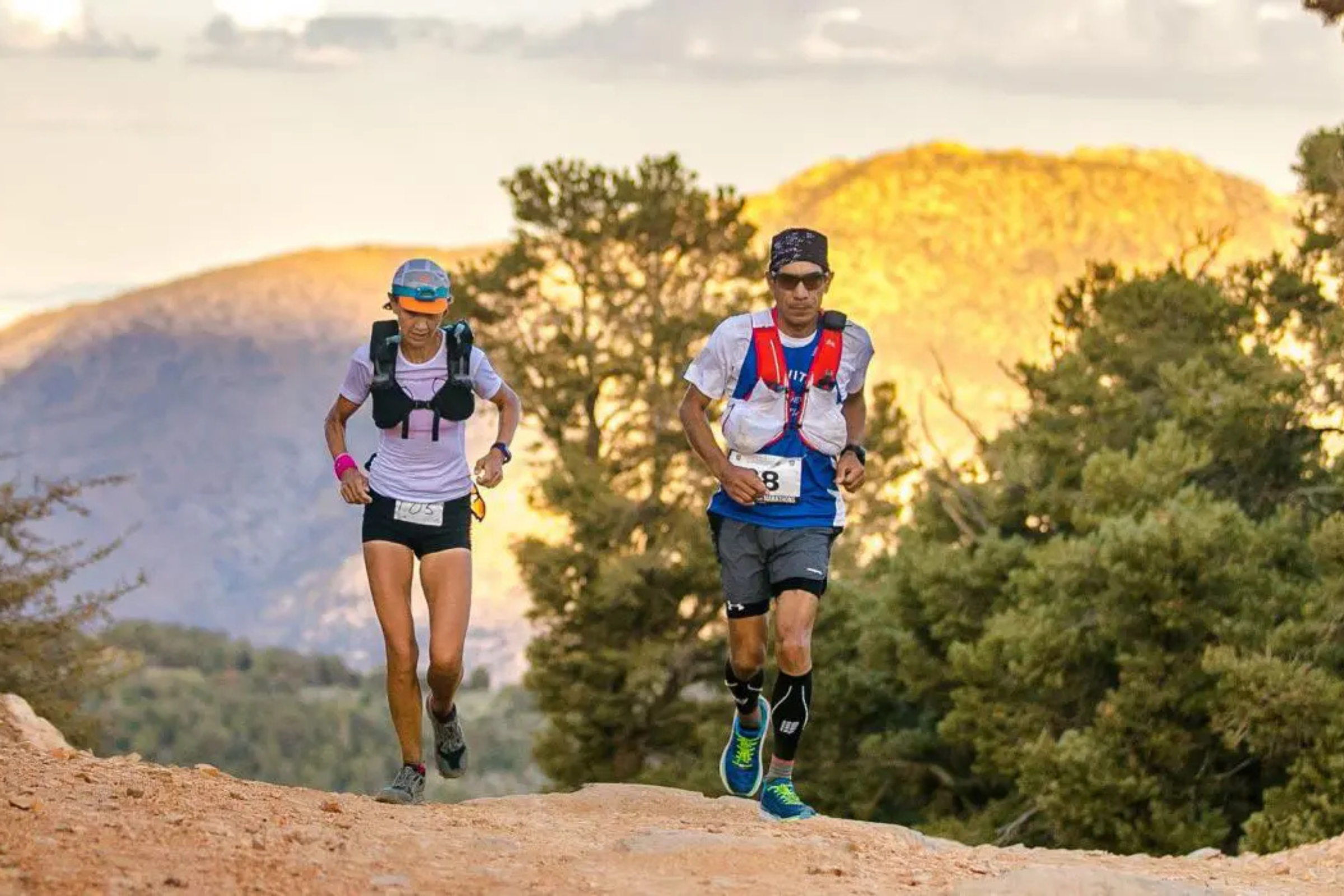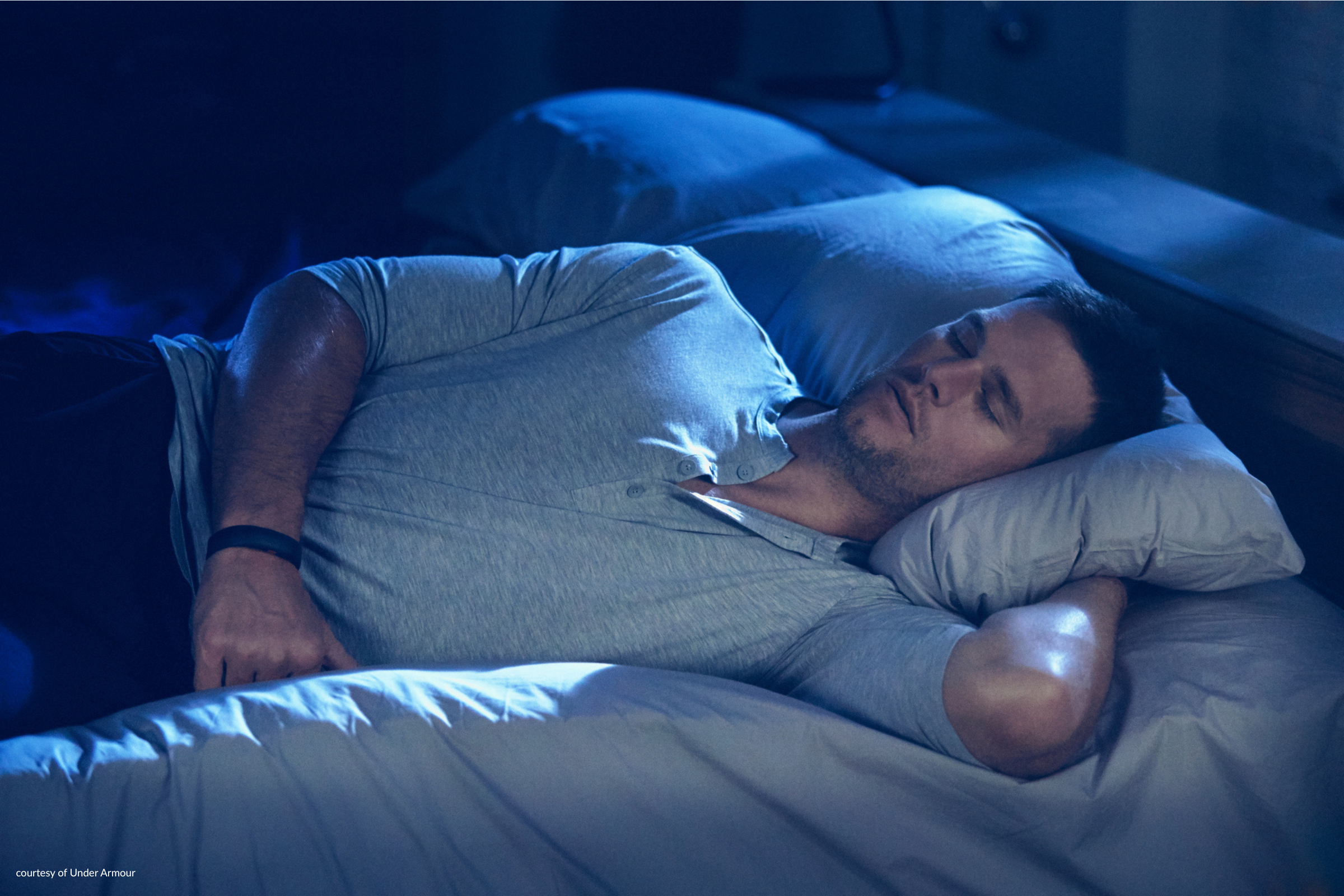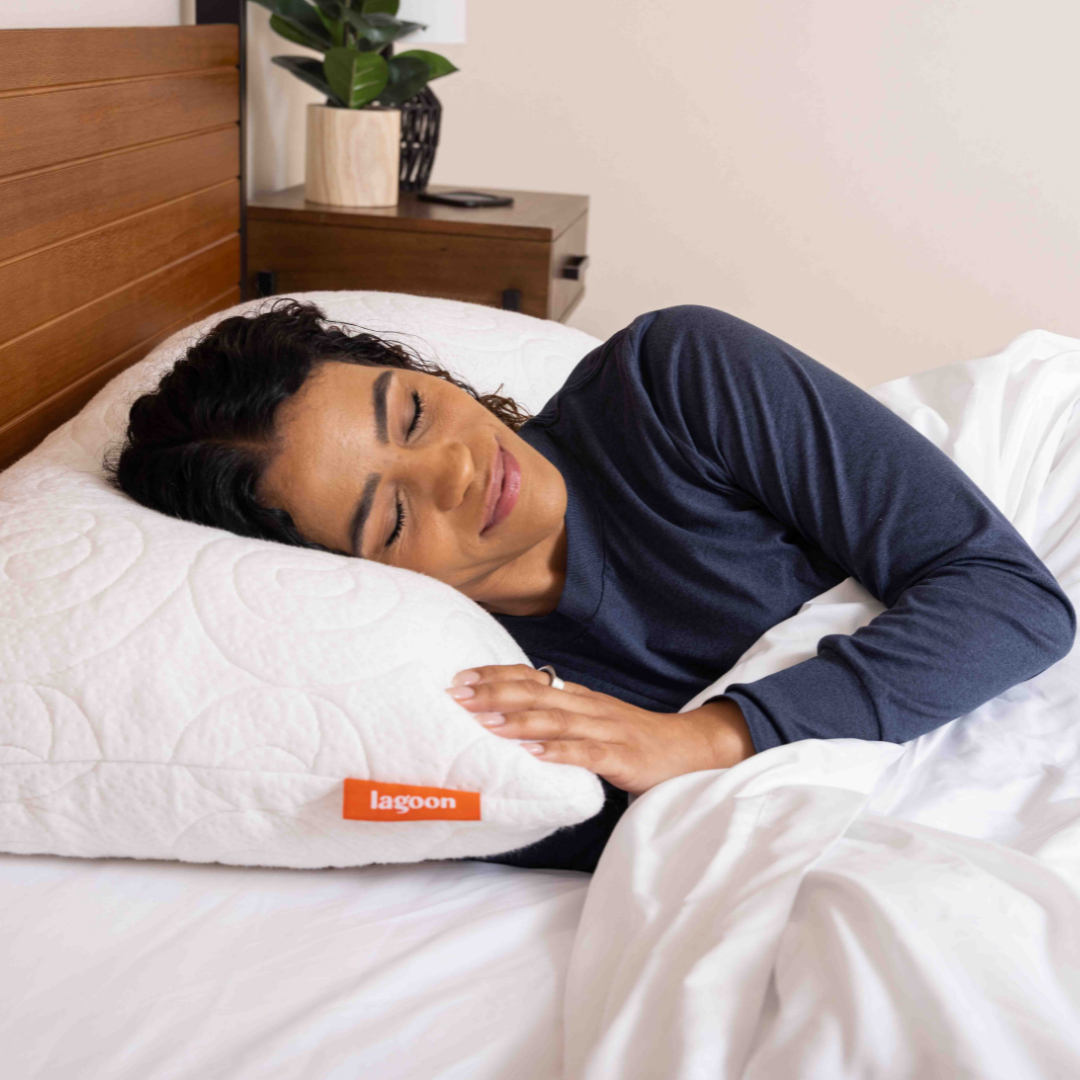Hey packlings 👋
How does Olympic gold-medalist sprinter, Gabby Thomas, improve her sleep? Or what about the Canadian swimmer phenom Summer McIntosh? What’s the story behind the Olympic gold medalist sleeping in a park? Let's dive into this week's edition of Sleep & Fitness!
🏃 Sleep Like Olympic Gold Medal Sprinter, Gabby Thomas
Olympic Sprinter, Gabby Thomas, took home gold this Tuesday in the 200m race and credits her success as an elite athlete to effective rest. Sleep issues topped the list of mental health concerns from Team USA this year, but she ensures it doesn’t hurt her performance by never going under eight hours a night. To accomplish this, Thomas and Team USA’s advisors recommend banking sleep, scheduling worry time, and keeping a sleep diary. In advance of traveling or big events, the Olympic committee psychologists suggest taking an extra nap or going to bed earlier for a week to bank as much sleep as possible. Even with this topped up reserve, worrying can still keep you up at night so it’s important to schedule an outlet for this stress. A sleep diary can look like writing your worries on the left side of a page, and solutions on the right to prevent anxiety late at night, and then writing down patterns you see in the night. Clearly this is a winning sleep routine, as Gabby's performance in Paris has been absolutely outstanding!
🏊 Canadian Swimmer Summer McIntosh’s Elite Rest & Recovery
Summer McIntosh won three gold and one silver medal at the Paris Games, but she isn’t just a professional swimmer - she’s a professional napper as well. McIntosh is in the water by 5 a.m. on a typical training day, and at major events like the Olympics, many of her days have both morning (prelims) and evening (finals) races. Despite the adrenaline and excitement, the young swimmer has become an expert at sleeping whenever she gets the chance between sessions. This and eating as much as possible, allows her mind to rest and create a reliable rhythm - allowing her to become the first Canadian to win three gold medals at a single Olympics. At 17, her swimming career is just getting started - we can't wait to see what this well-rested athlete can achieve as she continues to build her impressive career.
💤 The Truth Behind the Gold Medalist Who Slept in a Park
Italian swimmer Thomas Ceccon referred to the athletes' swimming quarters as subpar in a video he shared online, but were they bad enough that he chose to sleep on the park grass instead? Ceccon explained his struggle to sleep due to the heat and noise of the Olympic Village, but when footage was released of the swimmer asleep in the Village park, the Italian Swimming Federation clarified that it was unrelated to his previous comments. Further context was given by the Olympic Athlete who shared the video, Husein Alireza, when he explained that it’s very common for athletes to take naps or relax on the grass by the river. This area is known for being peaceful, making it an ideal spot for a quick rest amidst the intensity. Despite his complaints, Ceccon won a bronze and a gold medal in the 2024 Games, demonstrating the importance of listening to your body - especially if it needs a nature nap!
🧠 The Psychology of an Olympian: Staying Focused
Hundreds of athletes have spent years training for an event that’s coming to an end in just a few days, so how did they harness the focus to get this far? Olympians are known for their physical performance, but it’s their ability to harness concentration in an instant that allows them to perform so well. So how do you achieve this ability to concentrate? Psychologists who work with Olympians recommend a minute of mindfulness everyday. Mindfulness teaches you to pay attention to your attention, trains you to narrow this focus, and practices attentional endurance so you can stay focused over time. The most effective way to implement this into your routine is by training daily for short amounts of time. Spend this time trying different techniques such as intentional breathing, performing a body scan, or think about how your body feels as you stretch. Find one that works for you and establish an Olympian worthy mental routine.
😴 The Olympic Handballer Who Can Sleep Anywhere
Jim Gottfridsson is a five-time handball club champion, but off the court he’s prone to dangerous fatigue. These extreme levels of tiredness were diagnosed as sleep apnea and result in him falling asleep unexpectedly, even once while he was driving. Due to his handball career, Gottfridsson had practice three to four times weekly, as well as two games, and often traveled with his team on a bus, so the constant exhaustion adds an additional complication. He underwent tests to monitor how his body functions during sleep, and the doctors discovered that his left nostril was blocked, impacting his breathing during sleep. This was due to the four times he’d broken his nose throughout his career, and the doctors treated it by providing him with a CPAP machine to prevent breathing lapses during rest. Choosing not to undergo surgery and miss a chance at the Olympics, Gottfridsson shows how its possible to navigate sleep apnea and still be at the top of your sport.
Whether it’s taking tips from Olympic sprinters, learning more about the role naps play in the Games, or diving into how elite athletes stay focused - we’re on a journey to improve our routine sleep and fitness. Remember to follow @lagoonsleep on Instagram for your daily dose of sleep & fitness news and entertainment.







